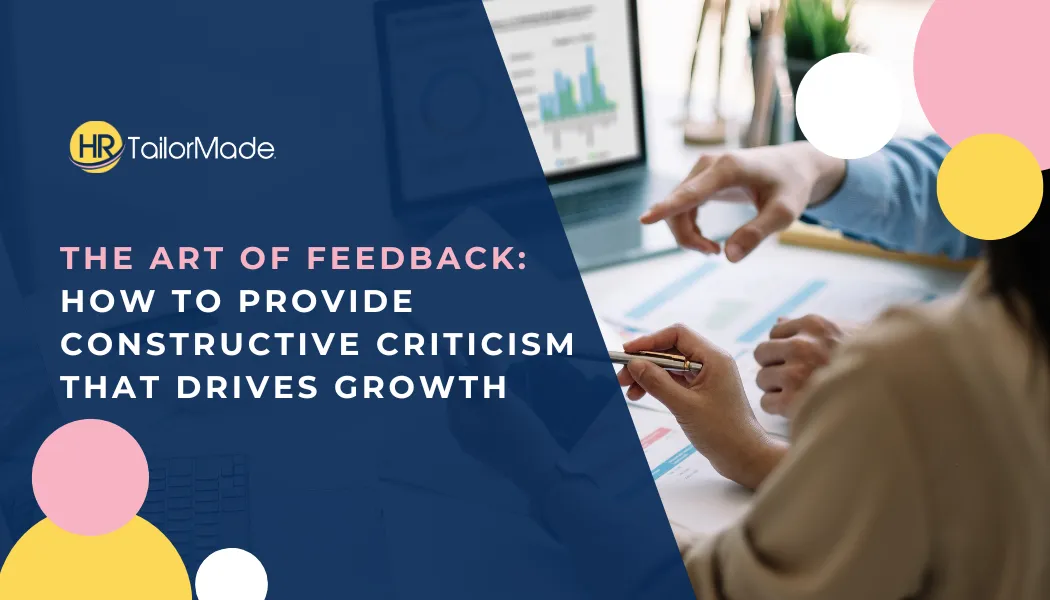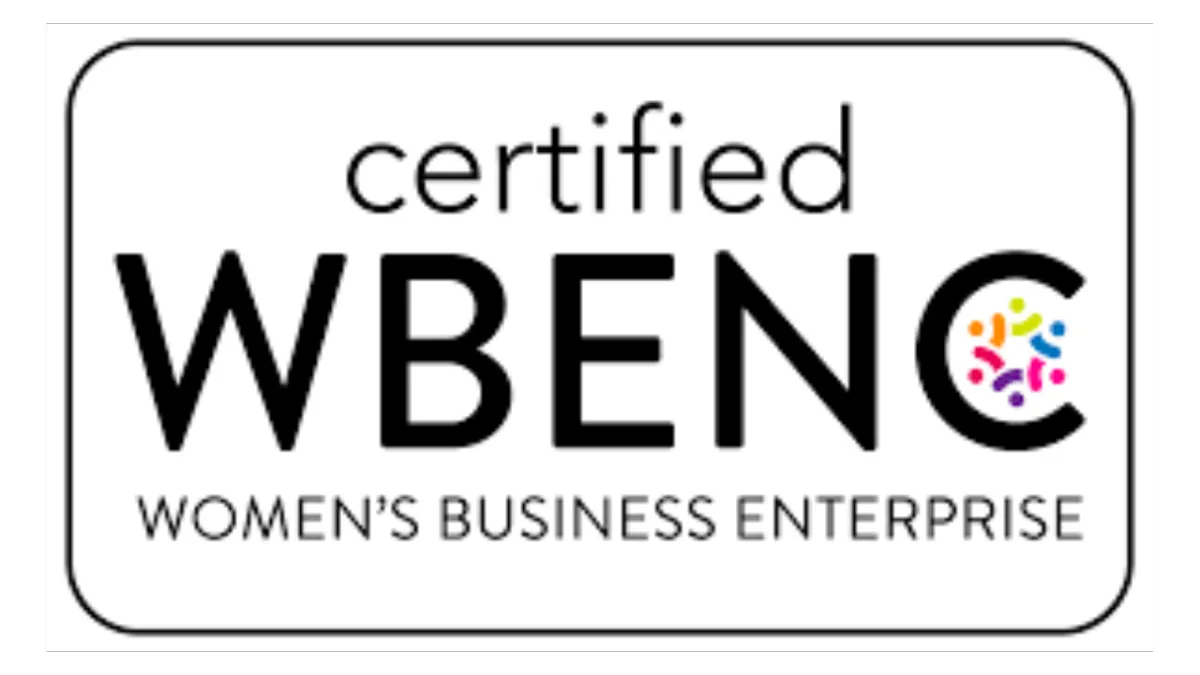Feedback is one of the most powerful tools for personal and professional growth. When delivered effectively, it inspires improvement, boosts morale, and creates a culture of continuous learning. Yet, many leaders and managers hesitate to provide feedback, or worse, deliver it in ways that can demotivate or frustrate their teams. So, how can you provide feedback that truly drives growth?
Ideally, feedback, including constructive criticism, should help your team improve while establishing a positive, growth-oriented culture.
The Importance of Framing Feedback
The way you frame feedback is critical to its success. Framing feedback positively doesn’t mean sugarcoating or avoiding tough truths—it means ensuring your message is clear, actionable, and motivating. Constructive feedback should never feel like a personal attack. Instead, it should be focused on specific behaviors, outcomes, or skills that can be improved, leaving the individual feeling empowered to make changes.
When giving feedback, start by acknowledging the effort the person put in, even if the result wasn’t perfect. Phrasing such as “I appreciate the hard work you’ve put into this project” helps the recipient feel valued and sets a positive tone for the conversation.
The Feedback Formula
One of the best ways to ensure your feedback is constructive is to use a proven structure, such as the "SBI" model (Situation-Behavior-Impact). This formula works to keep feedback objective and centered on the facts, reducing the likelihood of the person receiving it feeling personally attacked.
Situation: Describe the context where the behavior occurred.
Behavior: Focus on specific actions, not the person.
Impact: Explain how the behavior affected the team or the organization.
For example, rather than saying “You’re always late to meetings,” you could say, “In today’s team meeting (Situation), you arrived 15 minutes after we started (Behavior), and it caused us to lose valuable discussion time (Impact).” This formula keeps the conversation focused on facts, which helps the recipient understand where improvement is needed without becoming defensive.
Empathy Meets Accountability
Providing feedback isn’t just about what’s being said; it’s about how it’s being received. The most effective feedback requires empathy, which means understanding the perspective of the person receiving it, and accountability, ensuring they take responsibility for their growth.
Effective feedback begins with listening as much as speaking. Ask questions like, “How do you feel about this project?” or “What challenges did you face in meeting this deadline?” This approach creates a dialogue rather than a monologue, increasing the likelihood that your feedback will be received well and utilized.
After delivering your feedback, invite the recipient to share their thoughts. You could say, “I’d love to hear your perspective on this. What do you think could be improved, and how can I support you in that?”
Encouraging a Feedback Culture
Feedback should never be a one-off event. For feedback to be truly effective, it must be an ongoing conversation that takes place throughout the year—not just during reviews or after mishaps.
To create a feedback-rich culture, encourage leaders to give regular feedback, both positive and constructive. Ensure that feedback flows freely in all directions, from managers to employees and vice versa. Leaders should be open to receiving feedback as much as they give it, creating an environment of mutual trust and respect.
Consider estabilishing regular feedback touchpoints within your organization, whether through monthly check-ins, peer reviews, or anonymous surveys. Encourage employees at all levels to provide feedback to help improve team dynamics and performance.
The Art of Feedback
The art of feedback is about more than just delivering criticism—it’s about nurturing growth, supporting an environment of continuous learning, and ensuring that everyone in your organization has the skills and tools they need to succeed. When done well, feedback can build stronger relationships, inspire innovation, and ultimately drive your organization forward.
Are you ready to elevate your team’s feedback culture? At HR TailorMade, we specialize in creating customized strategies for leadership development, including tools for providing effective feedback. Contact us today to learn how we can support your organization in cultivating a growth-oriented feedback culture.





